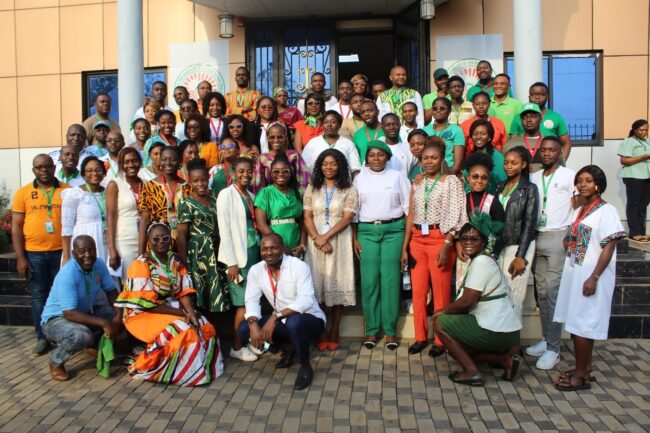COMING SOON: ACoMVeC Webinar, 25 march 2024, Register now…
ACoMVeC is pleased to inform you that we are organising a webinar on the 25th march 2024 under the title: “How can mathematical model be used to influence decision marking in malaria vector control’’. for the circumstance the following thematics will be developed: Prof Charles Wondji, Vector Biologist/Genetics LSTM-CRID: Malaria control challenges and inputs…



